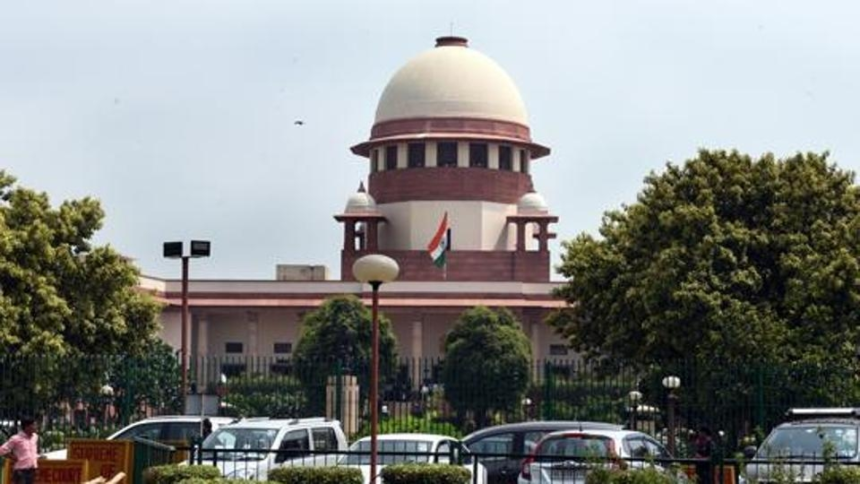
In a significant legal battle, the Supreme Court of India has commenced hearing a batch of pleas challenging the Centre’s decision to abrogate Article 370 on August 5, 2019. Article 370 granted special status to the erstwhile state of Jammu and Kashmir, making the matter a highly contentious issue among political parties and citizens alike.
A five-judge constitution bench, headed by Chief Justice DY Chandrachud, is presiding over the case, which has raised a crucial question regarding the provision’s revocation. The bench inquired about the mechanism for revoking Article 370 in the absence of a constituent assembly in Jammu and Kashmir. This question holds significance as Article 370’s temporary status was explicitly mentioned in the Constitution, and it could only be revoked with the recommendation of the constituent assembly.
The lead counsel for the petitioners, senior advocate Kapil Sibal, argued that the president cannot issue any notification to revoke Article 370 without the recommendation of the constituent assembly. He emphasized that Parliament’s act to revoke Article 370 was not constitutional but rather a political act. The core of their case is based on whether Parliament can assume the role of a constituent assembly and revoke the provision, claiming to act on behalf of the people of Jammu and Kashmir.
The court referred to proviso 3 of Article 370, which grants the President the power to declare the article inoperative or operational with exceptions and modifications, provided that the recommendation of the state’s constituent assembly is obtained. However, with the constituent assembly’s tenure ending in 1957, the court is now tasked with interpreting the constitutional implications of this provision.
During the hearing, the court observed that no constituent assembly can have an indefinite life, leading to the critical question of what happens when the tenure of a constituent assembly comes to an end. The Supreme Court’s verdict will have far-reaching implications, as it will determine whether the revocation of Article 370 was constitutionally valid or not.
The hearing, which remains inconclusive, will continue on the following day. The court is conducting day-to-day hearings, except on Mondays and Fridays, to adjudicate this complex constitutional matter.
As a reminder, in 2019, the Indian government took the momentous decision to strip Jammu and Kashmir of its special status under Article 370 and bifurcate it into two union territories – Jammu and Kashmir (with legislature) and Ladakh (without legislature). The move led to both fervent support from BJP supporters and fierce opposition from major political parties.
The Supreme Court’s decision on the legality of the Article 370 abrogation will shape the course of India’s constitutional history and have significant implications for the people of Jammu and Kashmir. As the case continues to unfold, citizens and politicians alike await the court’s judgment on this critical matter of national importance.







